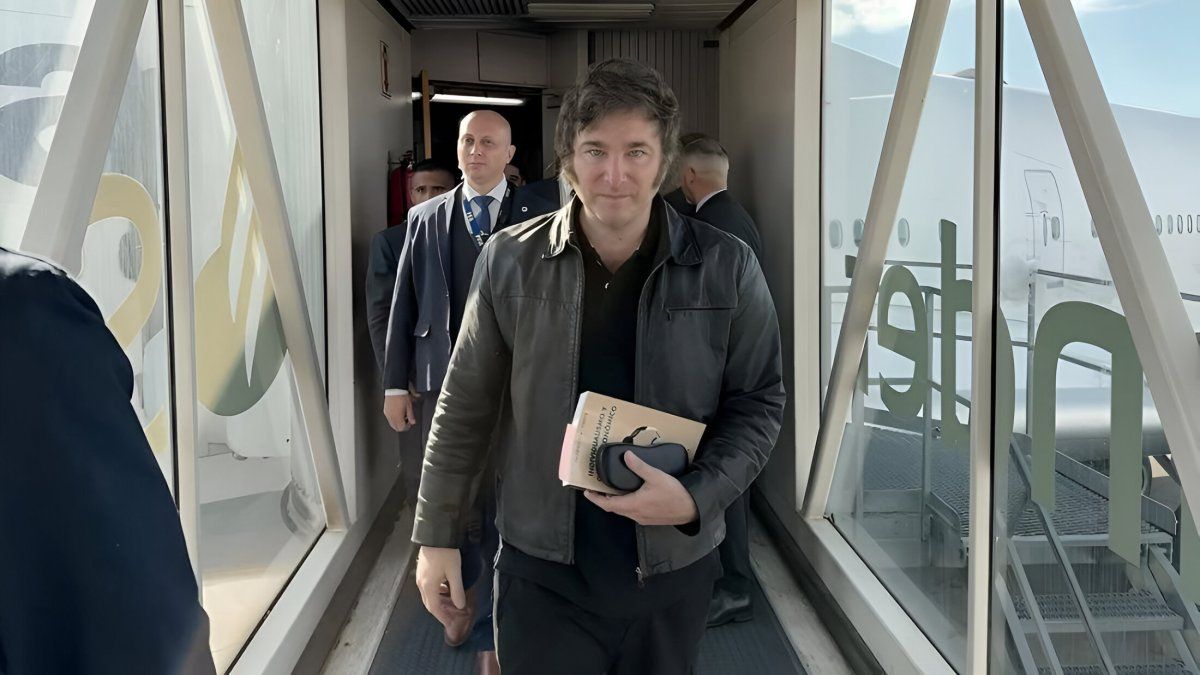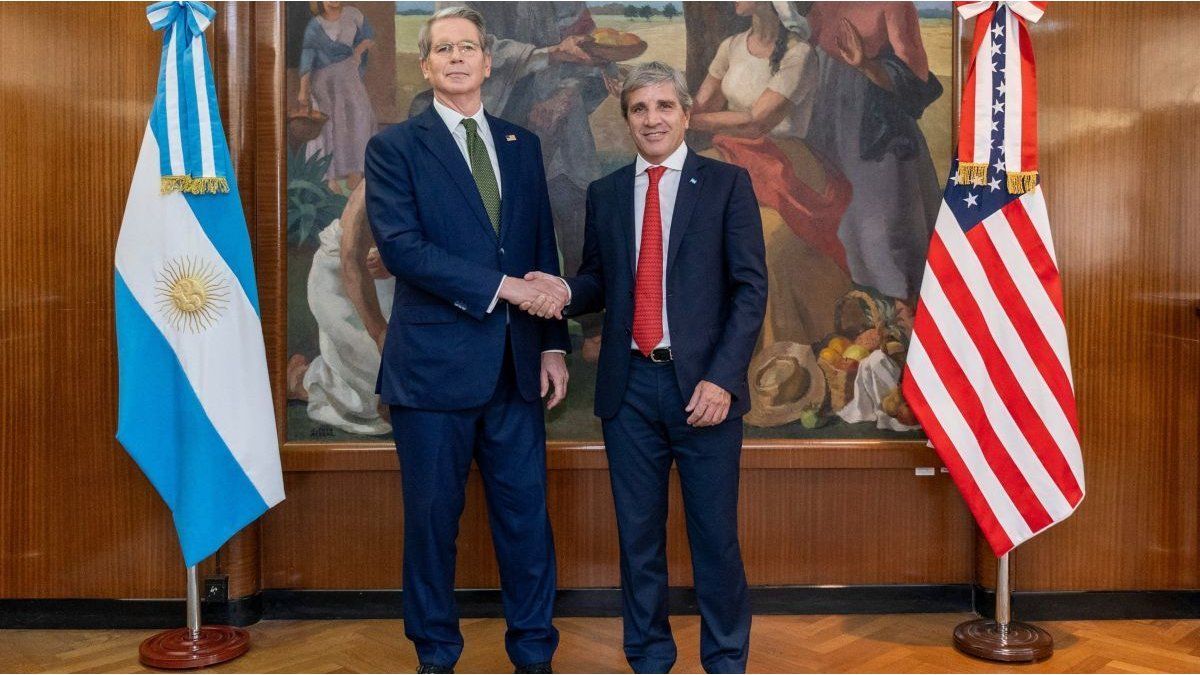The International Energy Agency, founded during the oil crisis, was long concerned with industrialized countries’ access to fossil energy. The goal now is the energy transition. Is the IEA too optimistic?
In the beginning it was all about oil and a geopolitical showdown. When the International Energy Agency (IEA) was founded 50 years ago in the midst of the global oil crisis, the western industrialized countries wanted to create a powerful institution to counter the Organization of the Petroleum Exporting Countries (OPEC).
After the exporters temporarily turned off the West’s oil supply, the main goal was to be able to reliably satisfy their own hunger for oil in the future. For IEA Director Fatih Birol’s 50th anniversary, which the international organization is celebrating at its headquarters in Paris this Tuesday and Wednesday, the focus has long been on saying goodbye to fossil fuels and the need for accelerated efforts to protect the climate. He insists on the industrialized countries joining forces with the Global South.
Birol sees the industrialized countries as having a duty as the engine of climate protection, as they are responsible for 60 percent of the carbon dioxide released into the atmosphere over the past 100 years, but at the same time only make up 15 percent of the world’s population. “So they have a great responsibility, a moral responsibility in the Global North, because they have created this great challenge.” In addition, climate protection only achieves success through global efforts. “The emissions have no passport, so they have an impact everywhere,” Birol told the German Press Agency in Paris.
Global North must support climate protection
A ton of CO2 has the same harmful effects on Germany, regardless of whether it is blown into the air in Dortmund, Detroit or Manila. “Even if emissions in Germany go to zero tomorrow, the effects of climate change on Germany will not change as long as others do not go in the same direction,” said the IEA chief.
“From this point of view, if only from a self-interested point of view, I believe it is a task for the Global North to support the transition to clean energy in emerging and developing countries so that they can reduce their emissions.” This requires financial support from international financial institutions such as the World Bank or regional development banks in order to promote clean energy projects in these countries.
The IEA currently advises 31 governments from Australia to Korea on energy issues and regularly publishes analyzes on developments in various energy sources as well as the prospects and conditions of an energy transition. The agency in Paris consistently says that the switch to renewables is accelerating and that limiting global warming to 1.5 degrees is still achievable if efforts to reduce CO2 emissions are only accelerated. At the same time, however, the IEA recently reported record global demand for coal and oil. How does this fit together – and are the agency’s forecasts simply too optimistic, as critics say – or are they influenced by wishful thinking on the part of some member states?
Uncertainties accompany the energy transition
The actual departure from oil will also depend on whether countries are able to decouple their global economic growth from energy consumption, said the director of the think tank The Shift Project, Matthieu Auzanneau, recently, as the news magazine “L’Express” reported.
All decarbonization scenarios also contained very ambitious energy efficiency parameters, which were subject to uncertainties. Political shifts could also easily call national climate strategies into question. It is enough that climate-conservative governments remain in power or come to power in order to postpone the phase-out of fossil energy sources further into the future.
“Our room for maneuver is very limited today. Therefore, the decisions we have to make in the energy sector must be more radical and fundamental than if we had made these decisions 20, 30 years ago,” Birol said. “We don’t have much time left.”
If you want to achieve the climate goals of the Paris Agreement, you cannot afford a further increase in the use of fossil fuels. “So we have to choose one of the two. Either we continue to use a lot of fossil fuels and cannot meet our climate goals and start living on a planet where there are a lot more extreme weather events, a lot more heatwaves, floods, rainfall and other things , or we reduce our dependence on fossil fuels.”
Source: Stern




